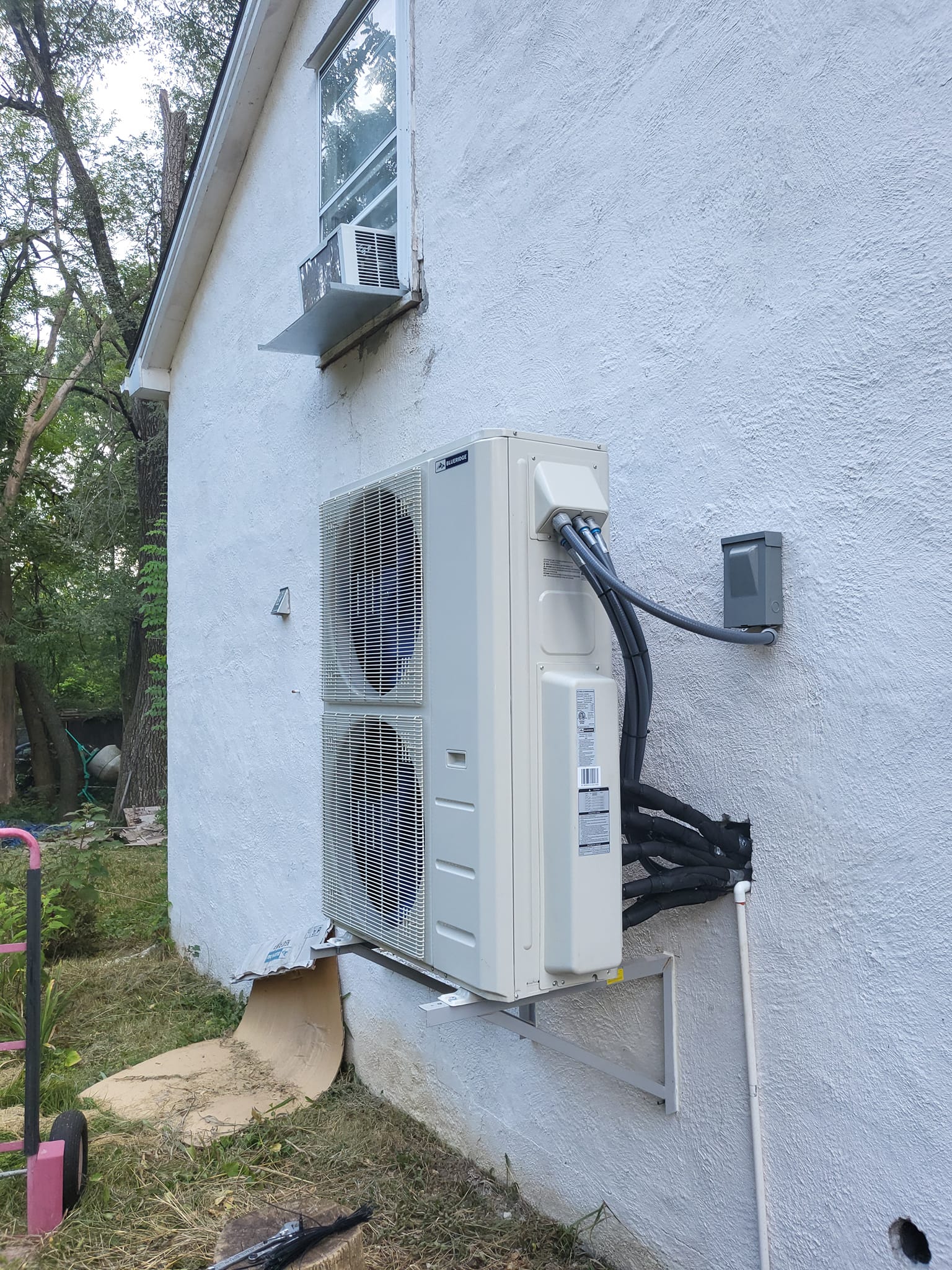
How to Choose the Right HVAC System for Your Needs Sep 23, 2025
First and foremost, consider the size and layout of your space. An HVAC system that is too small will struggle to maintain comfortable temperatures, while a system that is too large can lead to inefficient operation and higher energy costs. To determine the ideal size, consider the square footage of your area. Consulting with a professional HVAC technician can provide a more accurate assessment, ensuring you choose a system that offers optimal performance.
Energy efficiency should be a major consideration in your decision-making process. Modern HVAC systems vary significantly in their energy consumption levels. Look for systems with a high Seasonal Energy Efficiency Ratio (SEER) rating, which indicates better energy efficiency and can result in lower utility bills. Although systems with higher SEER ratings might have a higher initial cost, the savings over time from reduced energy consumption can be substantial.
Another key consideration is the climate in your region. Different HVAC systems deliver varying levels of performance based on environmental conditions. For instance, homes in cooler climates may benefit from a furnace-based system, while those in warmer areas could find heat pumps or ductless mini-split systems more effective. Ensure that the system you choose can handle the specific temperature fluctuations and humidity levels in your area to maintain comfort year-round.
The type of HVAC system is also crucial. The most common options include split systems, packaged systems, and geothermal systems. Split systems, which include traditional central air conditioning and heating units, are beneficial for larger homes. Packaged systems, often installed on rooftops, are ideal for homes without much indoor space. Geothermal systems, although more costly upfront, use the earth's thermal energy and can offer significant savings on energy bills over time.
Don't forget the importance of indoor air quality. HVAC systems not only regulate temperature but also play a significant role in filtering and circulating air. Systems with advanced filtration options and humidification controls can greatly enhance your indoor air quality, reducing allergens and maintaining optimal humidity levels for comfort and health.
Consider the longevity and maintenance requirements of your system. An HVAC system is a significant investment, so opting for one with a longer lifespan and fewer maintenance needs can lead to better long-term satisfaction and savings. Discussing warranty options and scheduled maintenance plans with your HVAC provider can help protect your investment and keep your system running smoothly.
Finally, budget constraints are an inevitable factor in the decision-making process. It's important to balance upfront costs with the potential long-term savings on energy bills. Financing options and government rebates for energy-efficient models can help make a more expensive system affordable.
In conclusion, choosing the right HVAC system involves a careful assessment of your home’s needs, local climate, and budget considerations. At Garrett Heating and Cooling, we’re committed to helping you find the perfect match for your space. By taking the time to understand these factors and consulting with a trusted HVAC professional, you’re sure to make an informed decision that enhances your comfort and satisfaction for years to come.
/filters:no_upscale()/media/2d18d8fd-cec3-45d1-99a1-77b2a0f84728.png)